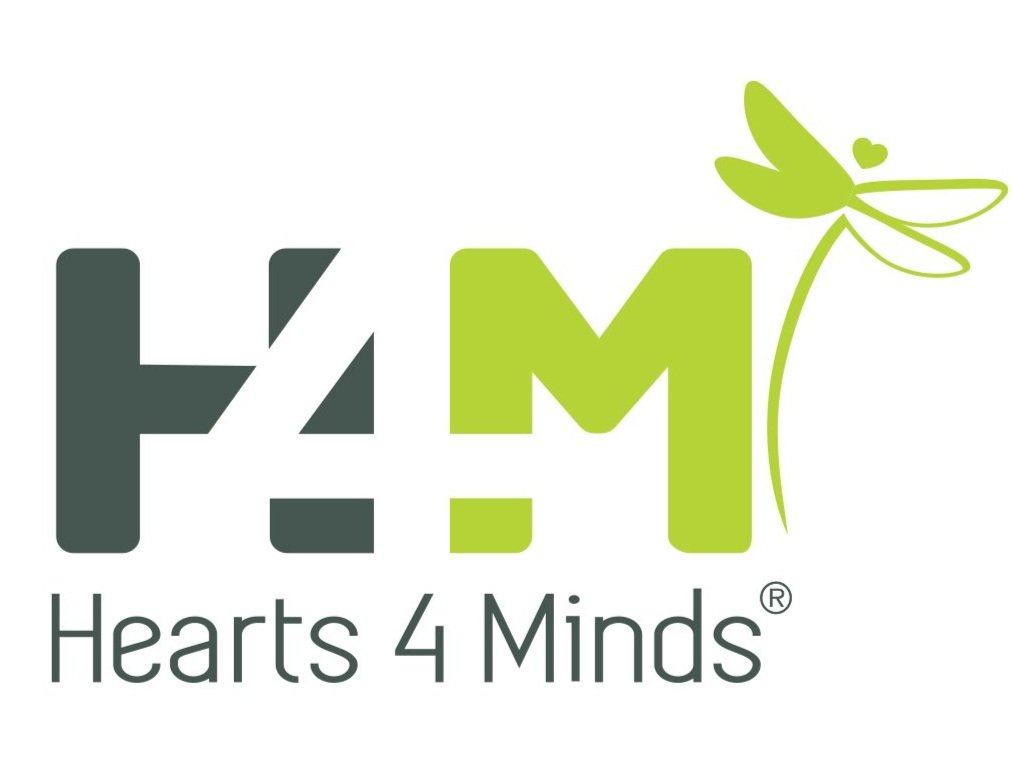Perinatal & Postpartum Disorders
WHAT ARE PERINATAL AND POSTPARTUM DISORDERS?
Perinatal and postpartum disorders are a range of mental health conditions that can occur during pregnancy (prenatal/perinatal) or after childbirth (postpartum). These disorders affect a woman's emotional, psychological, and physical well-being during one of life's most significant transitions. They can include depression, anxiety, obsessive-compulsive disorder, post-traumatic stress disorder, and in severe cases, psychosis.
Up to twenty percent (20%) of women experience clinical depression during and/or after pregnancy. Maternal depression is treatable during pregnancy and postpartum. Symptoms can range from mild to severe and, mothers with pre-existing depression prior to or during pregnancy are more likely to experience postpartum depression. Maternal depression is treatable and risk can also be mitigated. Symptoms generally include sadness, trouble concentrating, difficulty finding joy in activities once enjoyed, and difficulty bonding with the baby.
Policy Center for Maternal Mental Health [source]
TYPES OF PERINATAL AND POSTPARTUM DISORDERS
-
Depression that occurs during pregnancy or within the first year after childbirth. Symptoms include persistent sadness, loss of interest in activities, feelings of guilt or worthlessness, changes in appetite or sleep patterns, and difficulty concentrating. Unlike "baby blues," perinatal depression is more severe and long-lasting, significantly impacting daily functioning and bonding with the baby.
-
Excessive worry, fear, or nervousness that develops after childbirth. Mothers may experience racing thoughts, restlessness, muscle tension, difficulty sleeping even when the baby is sleeping, and constant concerns about the baby's health or safety. This can include generalized anxiety, panic attacks, or specific phobias related to motherhood.
-
Intrusive, unwanted thoughts (obsessions) often centered around harm coming to the baby, combined with repetitive behaviors (compulsions) performed to reduce anxiety. Examples include excessive cleaning, checking on the baby repeatedly, or avoiding certain activities out of fear of causing harm. These thoughts are distressing and contrary to the mother's values.
-
Develops following a traumatic birth experience, pregnancy complications, or other traumatic events during the perinatal period. Symptoms include flashbacks, nightmares, avoidance of reminders of the trauma, hypervigilance, and emotional numbing. This can significantly impact the mother's ability to process the birth experience and bond with her baby.
-
A rare but serious psychiatric emergency occurring in approximately 1-2 per 1,000 births. Symptoms include delusions, hallucinations, severe mood swings, confusion, and disorganized thinking. This condition typically develops within the first few weeks after delivery and requires immediate medical attention due to the risk of harm to both mother and baby.
WHAT TREATMENTS ARE AVAILABLE FOR PERINATAL AND POSTPARTUM DISORDERS?
INDIVIDUAL THERAPY
Individual therapy, such as Cognitive-Behavioral Therapy (CBT) or Interpersonal Therapy (IPT), can help women process the emotional challenges of pregnancy and motherhood. Therapy provides a safe space to explore feelings of inadequacy, anxiety, or depression while developing healthy coping strategies and addressing any underlying trauma.
GROUP THERAPY
Participating in group therapy or support groups specifically for pregnant women or new mothers can provide validation, community, and understanding. Sharing experiences with other women facing similar challenges can reduce isolation and normalize the struggles of maternal mental health.
MEDICATION MANAGEMENT
When appropriate, psychiatric medications such as antidepressants or anti-anxiety medications may be prescribed. Healthcare providers carefully consider the safety of medications during pregnancy and breastfeeding, working closely with patients to weigh benefits and risks.
SELF-CARE PRACTICES
Engaging in self-care activities, such as gentle exercise, mindfulness practices, adequate sleep when possible, and maintaining social connections, can promote emotional well-being. Prioritizing nutrition, rest, and stress reduction helps support both maternal and infant health.
FAMILY SUPPORT AND EDUCATION
Involving partners and family members in understanding perinatal mental health can create a supportive environment. Education about symptoms, treatment options, and ways to provide support can strengthen the family unit and improve outcomes for everyone.
HOW DO I GET HELP FOR PERINATAL AND POSTPARTUM DISORDERS?
RECOGNIZE THE SIGNS
Learn to identify symptoms such as persistent sadness, excessive worry, intrusive thoughts, difficulty bonding with your baby, or thoughts of self-harm. Understanding that these feelings are not a sign of weakness or failure as a mother is crucial.
TALK TO YOUR HEALTHCARE PROVIDER
Discuss your mental health openly with your obstetrician, midwife, or primary care physician. They can provide initial screening, referrals to mental health specialists, and coordinate care between providers.
SEEK SPECIALIZED CARE
Consider working with a therapist or psychiatrist who specializes in perinatal mental health. These professionals understand the unique challenges of pregnancy and motherhood and can provide targeted, evidence-based treatments.
BUILD A SUPPORT NETWORK
Connect with other mothers through support groups, online communities, or local parenting organizations. Having a network of people who understand your experience can provide emotional support and practical assistance.
PRACTICE SELF-COMPASSION
Remember that adjusting to pregnancy and motherhood is challenging, and experiencing mental health difficulties doesn't make you a bad mother. Be patient with yourself and recognize that seeking help is a sign of strength and love for both yourself and your baby.
Remember that perinatal and postpartum disorders are treatable medical conditions, not personal failures. With proper support, treatment, and self-care, women can recover and thrive in their role as mothers. You deserve to enjoy this special time in your life, and there are resources available to help you feel your best. You are not alone, and healing is possible.
